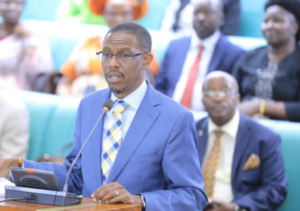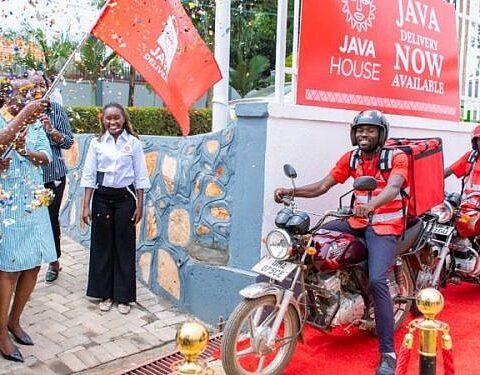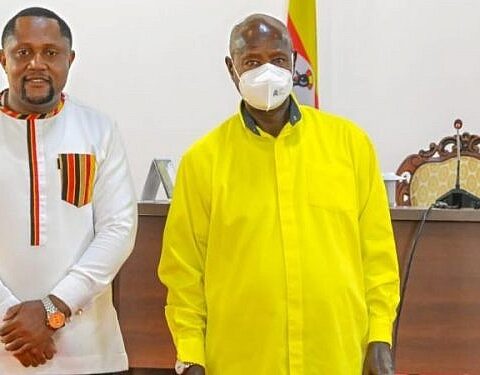Kampala, Uganda — Uganda’s Attorney General, Kiryowa Kiwanuka, has revealed that the government has commenced the process of implementing the Supreme Court’s landmark ruling, which declared that the General Court Martial (GCM) lacks jurisdiction to try civilians.

The ruling, delivered on January 31, 2025, has set into motion significant legal reforms aimed at realigning Uganda’s military justice system with constitutional principles.
In his advisory dated February 3, 2025, Kiryowa outlined key directives to ensure compliance with the Supreme Court’s decision.
“We have commenced the implementation of the Supreme Court orders regarding the trial of civilians in military courts,” Kiryowa told Parliament on February 4, emphasizing the government’s commitment to upholding the rule of law.

Key Directives Issued by the Attorney General
- Immediate Halt of Civilian Trials: All criminal trials involving civilians currently pending before the General Court Martial are to cease immediately.
- Identification of Pending Cases: The GCM, in collaboration with the Uganda Prisons Authority, has been instructed to compile a comprehensive list of all civilian criminal cases. These cases will be forwarded to the appropriate civilian courts for trial.
- Transfer of Military Cases: The GCM is also required to identify cases involving Uganda People’s Defence Forces (UPDF) members that fall under civilian jurisdiction for transfer to relevant courts.
- Role of the Directorate of Public Prosecutions: The Directorate of Public Prosecutions (DPP) has been advised to work closely with the GCM and UPDF to oversee the transition of cases from the military courts to the civilian judicial system.
- Guidance to Uganda Prisons Authority: The Uganda Prisons Authority has been directed to await court orders regarding the detention status of individuals previously held under military court warrants.
- Amendments to the UPDF Act: The Ministry of Defence and Veteran Affairs has been tasked with reviewing the Supreme Court’s recommendations and initiating amendments to the UPDF Act to reflect the new legal framework.

Kiryowa has also written to the Chief Justice, informing him of the ongoing implementation process and seeking guidance on coordination between the DPP and the judiciary to facilitate the transition.
The Supreme Court’s ruling has had immediate legal implications, notably in the high-profile case of veteran opposition leader Dr. Kizza Besigye and his political associate, Hajj Obeid Lutale Kamulegeya.
We have commenced the implementation of the Supreme Court orders regarding the trial of civilians in military courts
he told parliament
The two were remanded to Luzira Prison on charges related to security offenses, illegal possession of firearms, and treachery—allegedly committed in Nairobi, Athens, and Geneva.
Following the court’s decision, defense lawyers led by Kenya’s former Justice Minister Martha Karua and Kampala Lord Mayor Erias Lukwago visited Luzira Prison on February 3, 2025, to demand the release of their clients.
The legal team met with the Commissioner General of Prisons, Johnson Byabashaija, raising concerns that the remand warrants had expired and were no longer valid under the new legal framework.
“We have pointed out to him [Byabashaija] that as of today, the prisons have no valid warrant to continue holding Dr. Kizza Besigye and Obeid Lutale, as the Court at Makindye did not sit following the Supreme Court’s ruling,” Karua told reporters after the meeting. “It means the warrant has not been extended for detention.”
Prison authorities indicated they are awaiting formal advice from the Attorney General before releasing the detainees. Lukwago revealed that Byabashaija had contacted the Attorney General immediately after the Supreme Court ruling and has since been waiting for official guidance.
“In his own words, [Byabashaija] assured us that they don’t want to turn prisons into a rogue force—meaning they don’t want to operate outside the law,” Lukwago said. “Continuing to detain Dr. Besigye and Hajj Obeid Lutale without a valid warrant, especially after the Supreme Court’s ruling, would be illegal.”





